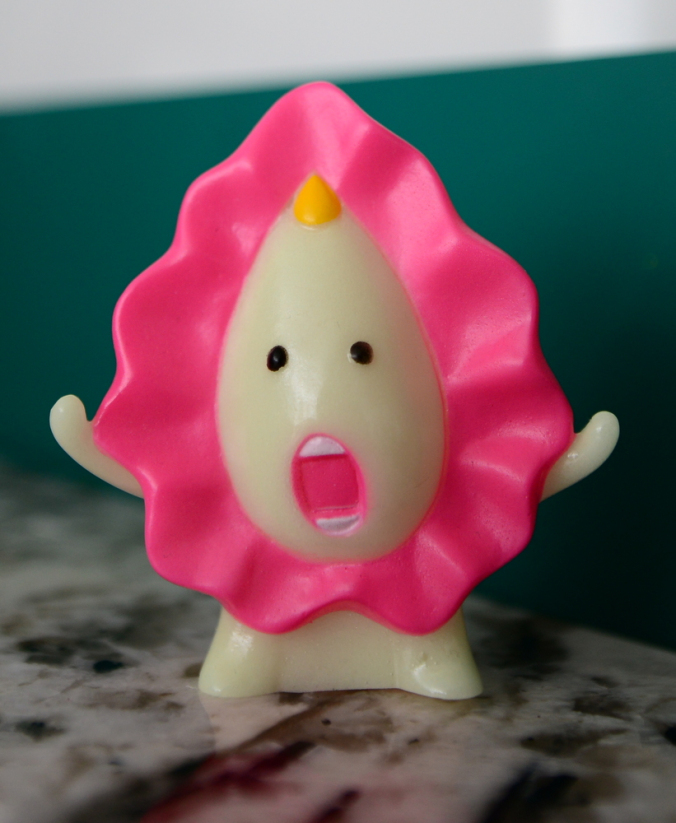
On this day in 2015, the obscenity trial of artist Megumi Igarashi, known as Rokudenashiko ("good-for-nothing girl") began in Japan. 

Rokudenashiko's work aims to destigmatise the manko - a Japanese term for vagina and vulva - by showing the anatomy in a light-hearted and playful way. She wanted to make the manko "casual and pop".
Her other works involve dioramas, phone cases, a remote-controlled car and even a chandelier, all featuring manko. 



Rokudenashiko was arrested in July 2014 on obscenity charges related to the kayak. She spent 10 days in prison. The result was a mixed verdict.
She was found not guilty on charges related to the sculpture, but guilty of charges related to 3D scans of her vulva, which she had sent to crowdfunder donors. She was fined ¥400,000.
Much of her art has been confiscated in a police raid.
Rokudenshiko's trial has raised questions about obscenity, and a double standard in Japanese culture where there is a penis festival but a woman artist was arrested for creating vulva art.
Rokudenashiko now lives in Scotland with her husband and is raising a family... and continues to make vulva themed art. 

She's a friend of the Vagina Museum. In 2019 she donated sculptures to our start-up crowdfunder and we were privileged to meet with her. We just can't get enough of her playful work. We love you, Megumi! 

• • •
Missing some Tweet in this thread? You can try to
force a refresh









